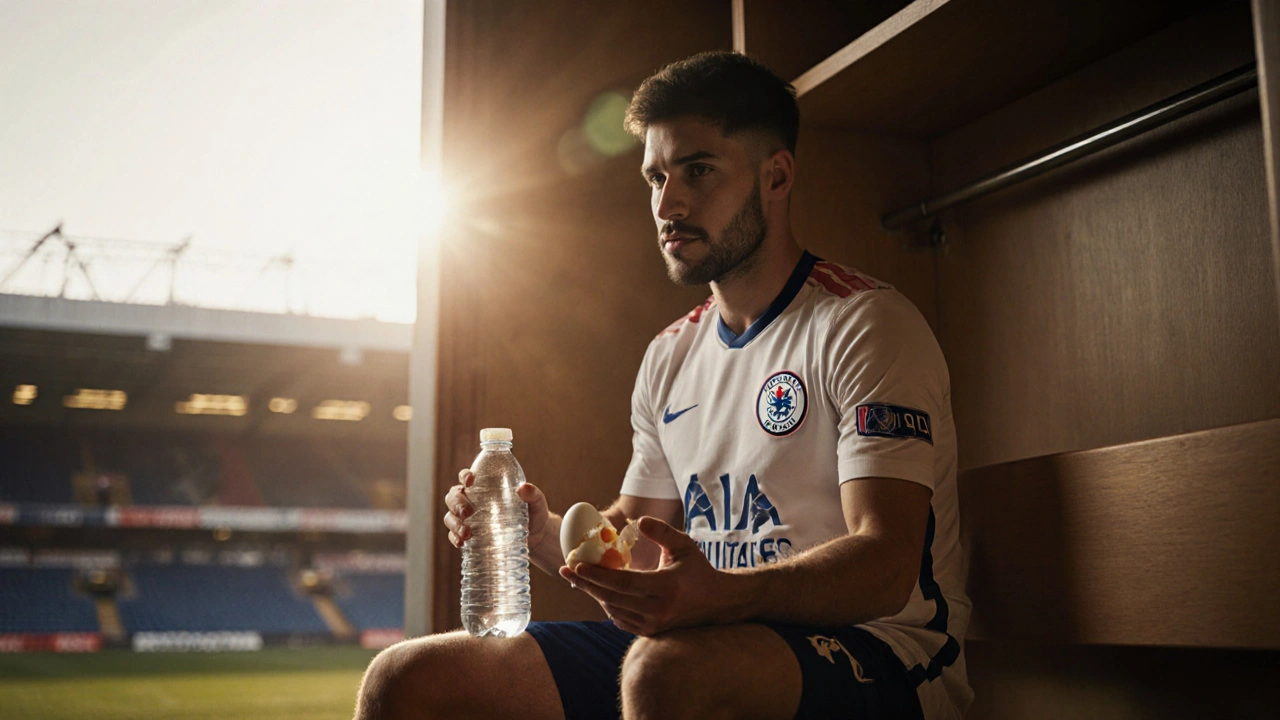Athlete Meals: Fuel, Recovery, and Performance
When talking about Athlete meals, nutrient‑dense foods and drinks that support training, recovery, and performance. Also known as sports nutrition meals, it covers everything from what you eat before a workout to what you sip after a race. This core concept often includes energy drinks, caffeinated beverages that give a quick boost, protein sources, foods like eggs, lean meat, or dairy that repair muscle, and solid hydration, fluid intake that keeps blood flow and electrolytes in balance. Together they form the building blocks of a solid nutrition plan for anyone who trains hard. If you’re looking to upgrade your athlete meals, start by mapping these pieces and see how they fit your daily routine.
Key Components of Athlete Meals
Athlete meals encompass several sub‑areas that each play a distinct role. First, the quick energy surge from energy drinks can be useful right before a high‑intensity session, but the caffeine and sugar spikes need to be timed so they don’t crash during the workout. Low‑calorie energy drinks, like the ones featured in our recent guides, give that lift without extra calories, helping you stay in a calorie deficit while still feeling sharp. Second, protein sources are the foundation for muscle repair; the exact amount varies by sport, but two eggs pack around 140 calories and a solid protein punch, making them a staple for many athletes. Third, carbohydrate timing matters – a bowl of rice before a long run fuels glycogen stores, while a post‑run carb‑protein combo jump‑starts recovery. Fourth, hydration isn’t just water; beetroot juice, for example, delivers nitrates that can lower blood pressure and improve blood flow, which translates to better stamina. Finally, low‑calorie options like sugar‑free sodas or zero‑calorie drinks help keep total calorie intake in check without sacrificing taste.
All these elements connect in a clear web: proper hydration influences how your body processes protein, while low‑calorie nutrition supports sustained energy without unwanted weight gain. When you combine an energy drink that matches your caffeine tolerance with a protein‑rich breakfast, you set a solid stage for training. Likewise, balancing carbs from rice or whole grains with the right amount of fluid ensures you don’t hit the wall mid‑session. The relationships are simple – athlete meals require protein sources, rely on hydration, and benefit from smart energy‑boost choices. Each article in the collection below dives deeper into one of these pieces, whether it’s a fast‑acting beetroot juice, a low‑calorie energy drink plan, or a guide to safe caffeine use for athletes.
Below you’ll find a curated list of articles that break down these topics one by one. From quick tips on lowering blood pressure with a morning drink to detailed breakdowns of low‑calorie energy drinks for belly‑fat loss, the posts give practical steps you can apply right away. Use them as a toolbox: pick the pieces that match your sport, your schedule, and your health goals, and start shaping athlete meals that keep you strong, lean, and ready for the next challenge.
Discover why eggs are a solid pre‑game meal, how they fuel performance, ideal timing, recipes, and a comparison with other sports snacks.

